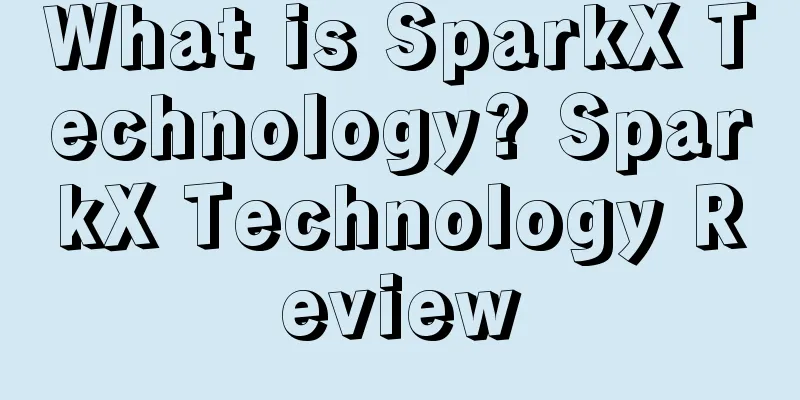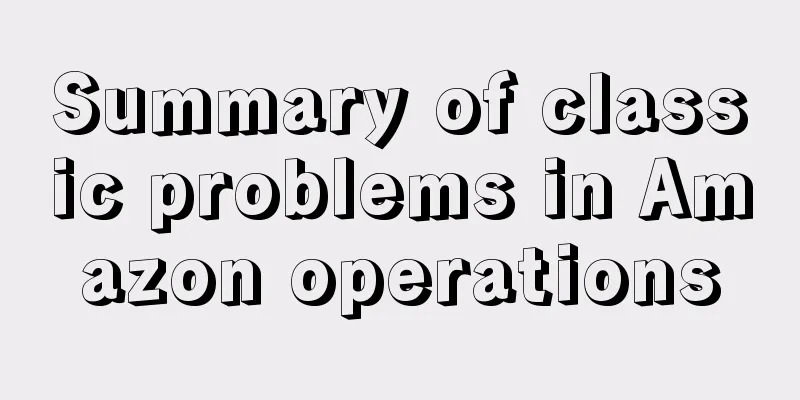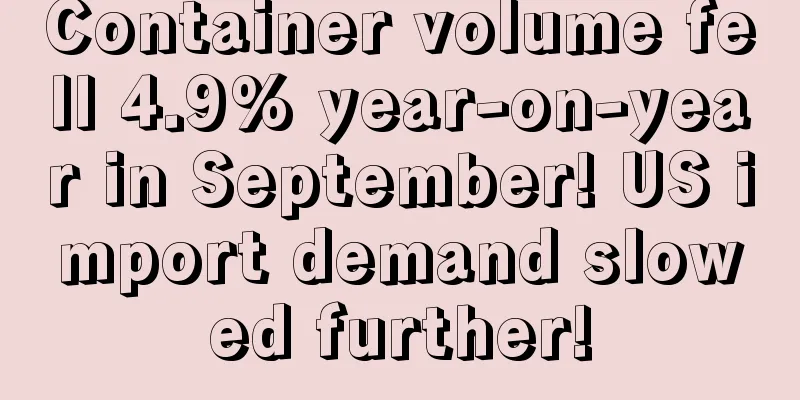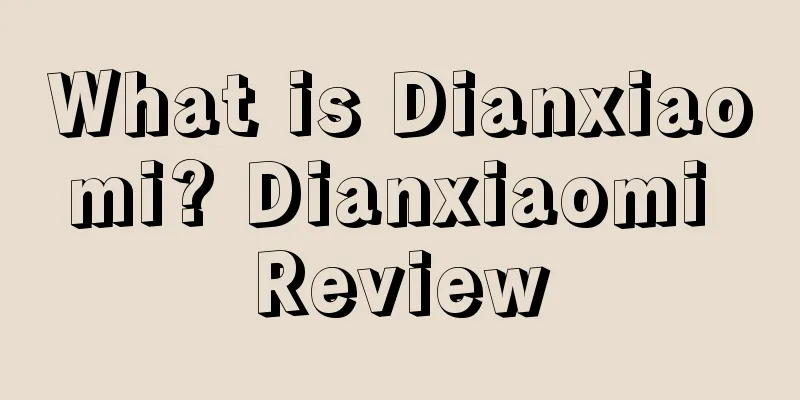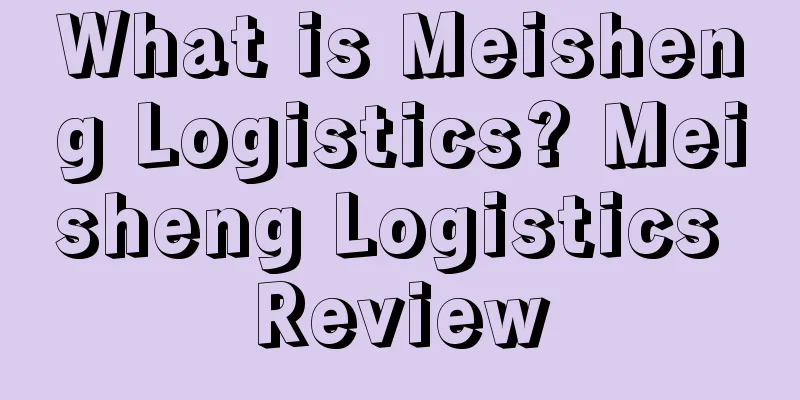What is a patent invalidation search? Patent invalidation search review
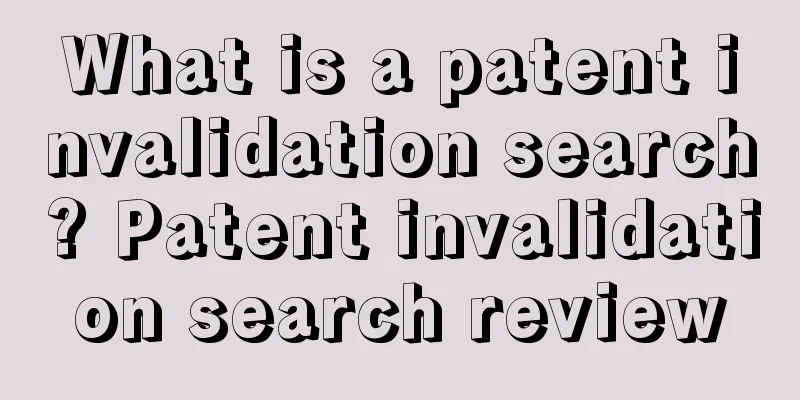
|
Patent invalidity search (patentability search) refers to the process of searching for reference documents in the prior art to file an invalidation request with the patent authority (e.g., the Patent Reexamination and Invalidation Trial Department) after a patent is granted. There are many legal provisions for invalidating patents (Article 65 of the Implementing Regulations of the Patent Law), while invalidation search is to use reference documents to undermine the novelty and creativity of patent claims (only involving Article 22 of the Patent Law) Classification of patents Legal basis Invalidation basis: According to Article 45 of the Patent Law of the People's Republic of China: From the date on which the patent administrative department of the State Council announces the grant of a patent right, any unit or individual who believes that the grant of the patent right does not comply with the relevant provisions of this Law may request the Patent Reexamination Board to declare the patent right invalid. The specific legal provisions that can be invalidated are derived from the Implementing Rules of the Patent Law: According to Article 45 of the Patent Law, if a patent right is requested to be declared invalid or partially invalid, a request for invalidation of the patent right and necessary evidence in duplicate shall be submitted to the Patent Reexamination Board. The request for invalidation shall, in conjunction with all the evidence submitted, specify the reasons for the request for invalidation and indicate the evidence on which each reason is based. The grounds for the request for invalidation as mentioned in the preceding paragraph mean that the patented invention-creation does not comply with the provisions of Article 2, paragraph 1 of Article 20, Article 22, Article 23, paragraph 3, paragraph 4, paragraph 2 of Article 26, Article 33 of the Patent Law or paragraph 2 of Article 20 and paragraph 1 of Article 43 of these Rules, or falls under the provisions of Article 5 or Article 25 of the Patent Law, or cannot obtain a patent right in accordance with Article 9 of the Patent Law. Article 22 of the Patent Law specifically stipulates that inventions and utility models granted patent rights must possess novelty, creativity and practicality. Novelty means that the invention or utility model does not belong to the existing technology; nor has any unit or individual applied to the patent administration department of the State Council for the same invention or utility model before the application date, and it is recorded in the patent application documents published after the application date or the published patent documents. Creativity means that compared with the existing technology, the invention has outstanding substantive features and significant progress, and the utility model has substantive features and progress. Practicality means that the invention or utility model can be manufactured or used and can produce positive effects. The existing technology referred to in this Law refers to the technology known to the public at home and abroad before the application date. The above-mentioned law states that the comparative document can be either the prior art or the conflicting patent application document (a Chinese patent document filed before the application date of the patent to be invalidated and published after the application date of the patent to be invalidated, i.e. "first application, later publication"). Using the prior art or conflicting application document (generally through searching, only a few comparative documents are selected) to challenge the patented claims can only be the novelty and creativity involved in Article 22 of the Patent Law. In the process of invalidation, due to many disputes, the Supreme People's Court has issued a series of interpretation measures. The restrictive effect of these interpretations needs to be considered when invalidating, especially for the interpretation of the claims. For specific content, please refer to the judicial interpretation. way Invalidating a patent is difficult for ordinary companies or individuals if they do not have the corresponding knowledge reserves, especially long-term search training and understanding of novelty and creativity. Generally speaking, many companies or individuals choose patent firms/agents (such as Chaofan, Liushen, Jijia in China, and CPA Global abroad) or individuals with certain professional experience and low fees, Taobao merchants, etc. to provide corresponding legal services. Success rate Historical statistics show that the success rate of invalidation of Chinese invention patents is 42% (patentics statistics), while that of US patents reaches 80%. References |
<<: What is Star Academy? Star Academy Review
>>: What is a trademark? Trademark evaluation
Recommend
Q3 revenue and profit both fell! Where does FedEx get the courage to raise its full-year profit forecast?
It was learned that on March 16, FedEx raised its...
What is AuthoritySpy? AuthoritySpy Review
AuthoritySpy is a great link building SEO tool tha...
There is hope for order volume! Amazon has updated 5 new features in succession!
text Amazon’s updates have been non-stop recently...
To cope with the "Chinese-style" internal circulation, eBay plans to invest heavily in live shopping and AI
According to Business Insider, on August 1, eBay C...
What is the Wish All-Star Merchant Logo? Wish All-Star Merchant Logo Review
The Wish All-Star Merchant Logo means that product...
Amazon’s product pricing strategy
The importance of product selection for a platfor...
The two methods with the highest success rate in modifying your brand!
Many people have probably experienced malicious br...
After the second sale, Shenzhen Dama’s Q3 revenue exceeded 600 million
Once upon a time, the four young masters of South ...
Good luck in the beginning of 2024! How can new products live better? ——A brief discussion on the application of the Dark Forest Law in "The Three-Body Problem" in the promotion of new products
LeeaAndrew My C position Before entering the main ...
The government refuses to support sellers in suing Amazon? Cross-border e-commerce will face compliance challenges!
▲ Video account attention: cross-border navigation...
What is SaaS? SaaS Review
SaaS is the abbreviation of Software-as-a-Service,...
To maintain business! Bed Bath & Beyond begins a new round of layoffs to save costs!
Bed Bath & Beyond is on the verge of bankrupt...
What is Haimaohui? Haimaohui Review
The Overseas Trade Federation (FTF) is a cross-bor...
What is Yuanchuang International Logistics? Yuanchuang International Logistics Review
Yuanchuang International Logistics is a high-quali...
What is Shenzhen Haotong Tiancheng International Logistics Co., Ltd.? Shenzhen Haotong Tiancheng International Logistics Co., Ltd. Review
Shenzhen Haotong Tiancheng International Logistics...
